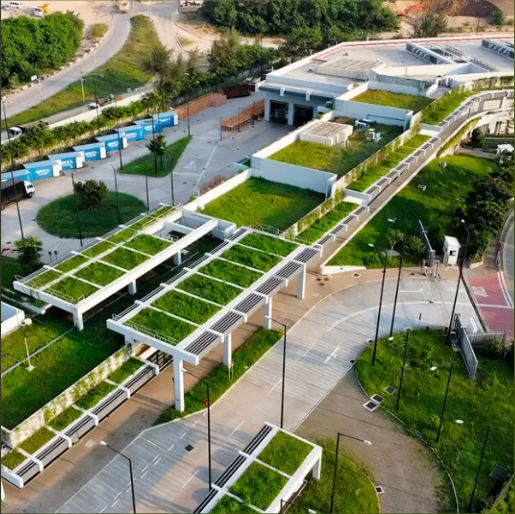Unit 327 3/F 16W 16 Science Park West Avenue Shatin, New Territories Hong Kong
Now Hiring: Are you a driven and motivated 1st Line IT Support Engineer?

Unit 327 3/F 16W 16 Science Park West Avenue Shatin, New Territories Hong Kong
Now Hiring: Are you a driven and motivated 1st Line IT Support Engineer?

How can our surroundings improve our quality of life, and for the future generations to come? We strive for cleaner air, better reliance on renewable resources, and upcycling materials instead of letting it go to waste. We work to minimise the toll we take on our planet, while improving the way of life for people now and for future generations to come.
Hong Kong previously had no publicly operated collection service and treatment plant for electronics, and the WEEE · PARK was the very first project to pioneer such a recycling workflow at large scale. A joint endeavour commissioned by the HKSAR Government, it was also targeted to become an educational site to introduce the concept of household upcycling to the wider public. With our guidance, we implemented cutting-edge IoT technologies to help sort, process, recycle and upcycle household appliances and personal electronics into valuable secondary raw materials.
Market-first
The Zero Carbon Park was the first-ever zero-carbon building in Hong Kong, and a joint initiative to prove that carbon neutrality in the local urban development industry was possible.
Producer Responsibility Scheme Pilot
This project established Hong Kong’s Producer Responsibility Scheme on Waste Electrical and Electronic Equipment (WPRS), introducing the recycling of regulated electrical equipment (REE) (i.e. air-conditioners, refrigerators, washing machines, televisions, computers, printers, scanners and monitors) to the wider community.
Data and Tracking
FWAT provided the backbone support for the whole project, ensuring each sector of operations could be implemented. From collecting large volumes of data to tracking and in-depth analysis.
4R’s
Adopting the 4R’s: reduce, reuse, recycle, and replace, we were able to educate the public on eco-friendly household practices that help reserve valuable electronic resources for stakeholders in need and for future generations.
Recycling for People in Need
Electronics were also cleaned and recycled intact, then redistributed for people in need through the help of participating NGOs.